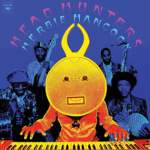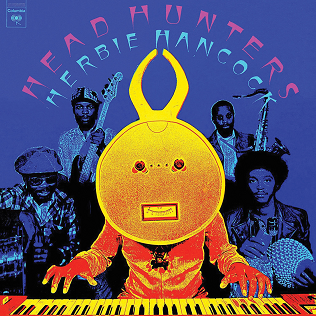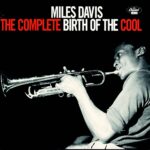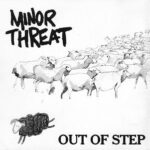 Herbie Hancock’s “Head Hunters,” released in 1973, is a groundbreaking and influential album that revolutionized the jazz-funk genre and propelled Hancock’s career to new heights. With its fusion of jazz improvisation, funk grooves, and electronic elements, the album pushed boundaries and showcased Hancock’s innovative approach to music.
Herbie Hancock’s “Head Hunters,” released in 1973, is a groundbreaking and influential album that revolutionized the jazz-funk genre and propelled Hancock’s career to new heights. With its fusion of jazz improvisation, funk grooves, and electronic elements, the album pushed boundaries and showcased Hancock’s innovative approach to music.
The album opens with the iconic track “Chameleon,” a funk-driven masterpiece that immediately grabs the listener’s attention. The infectious bassline, tight rhythm section, and memorable keyboard melodies create a hypnotic groove that sets the tone for the rest of the album. Hancock’s keyboard work, particularly his use of the clavinet and synthesizers, adds a futuristic and experimental dimension to the music.
One of the standout tracks on the album is “Watermelon Man.” Originally composed by Hancock in 1962, the version on “Head Hunters” takes on a whole new life. The track combines elements of jazz, funk, and Afro-Cuban rhythms, resulting in a vibrant and energetic composition. The solos from the band members, including Hancock’s dynamic piano playing, showcase their technical proficiency and improvisational skills.
Another notable track is “Sly,” a tribute to Sly Stone and his influential band, Sly and the Family Stone. The song captures the essence of Stone’s funky sound and incorporates it into a jazz context. The infectious rhythm, powerful horn arrangements, and Hancock’s intricate keyboard work make it a standout moment on the album.
“Head Hunters” also features the atmospheric and introspective track “Vein Melter.” With its slow and sultry groove, the song showcases Hancock’s ability to create a mood and evoke emotion through his music. The sparse instrumentation and subtle use of electronic effects add depth and texture to the composition, creating a captivating listening experience.
The album’s production is clean and precise, allowing each instrument to shine and contribute to the overall sound. Hancock’s use of synthesizers and other electronic effects adds a modern and futuristic touch, enhancing the album’s progressive and experimental nature. The production values are ahead of their time and contribute to the album’s timeless appeal.
In conclusion, Herbie Hancock’s “Head Hunters” is a groundbreaking album that fuses jazz, funk, and electronic elements to create a unique and influential sound. The album’s innovative approach to music, memorable compositions, and exceptional performances solidify its status as a classic in the jazz-funk genre. “Head Hunters” remains a testament to Hancock’s musical genius and his ability to push the boundaries of traditional jazz, paving the way for future generations of musicians to explore new sonic territories.
This post has already been read 297 times!

























